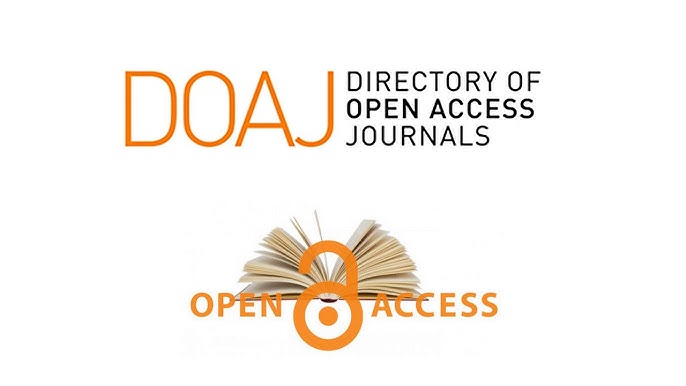Regulating International Protection for the Displaced Under Contemporary International Law
Abstract
The issues of protecting displaced persons and securing their needs have become one of the most significant global concerns, drawing the attention of various international law experts. This attention aims to develop a substantive legal framework that provides appropriate legal mechanisms for protection, identifies the groups that require safeguarding, and outlines the roles to be played by different actors-particularly states and international organizations. The goal is to establish a comprehensive legal system capable of addressing the emerging challenges caused by increasing and worsening displacement crises, as well as the lack of prior planning and adequate organization for such crises. Consequently, the entire international system requires a fundamental reassessment of its tools, mechanisms, and procedures. This study aims to assess the extent to which the rights of displaced persons are protected under international charters and conventions and to highlight the role of both international and non-governmental organizations in safeguarding these rights. The significance of this research lies in tracing the evolution of international human rights law in dealing with displacement issues, securing the basic needs of displaced populations, and establishing an international framework that guarantees their fundamental rights. The research is based on a central hypothesis: the international community, represented by its humanitarian bodies and organizations, is obligated to adopt further measures and mechanisms to mitigate the humanitarian impact of displacement-a phenomenon that is rapidly increasing alongside the escalation of both international and non-international armed conflicts. The study is divided into three main sections. The first addresses the nature of international protection for displaced persons; the second examines the manifestations of such protection; and the third explores the role of international organizations in safeguarding displaced persons. The study concludes with several findings and recommendations, the most prominent being that the issues and challenges faced by displaced persons represent one of the main obstacles confronting the international communitys efforts to ensure human rights and freedoms during both peace and war.



